The indie rap duo Macklemore & Ryan Lewis took home four Grammy Awards in 2014, including the one for Best New Artist. But those in the songwriting community know that one of the secrets of their triumph was a Seattle-songwriter named Mary Lambert.
Videos by American Songwriter
And though Lambert had to share the spotlight with Madonna that night — and some 33 couples being married right there by Queen Latifah — it was the beauty of her message which shone through, and has led the world to love this song, “Same Love,” with it’s inspirational “I can’t change” chorus.
Before Macklemore & Ryan Lewis invited her to contribute a chorus to their gay rights song, she was working three jobs to get by, and doing small gigs when she could get them. Raised in the church, she grew up aware that she was gay, and feeling sorrowful over her inability to change. She would go to the church every Sunday and cry, and apologize to God for being a sinner.
Though they had never met her, Macklemore & Ryan Lewis sent her the track all finished except for one part – the chorus. Everything else was in place, and her job was simply to come up with the hook – the key to the whole song. And she did it. She took the most momentous step of her life and filled those gaps with a refrain that is direct, inspirational and beautifully haunting.
Though Macklemore created the frame with his brave rap, it was Mary who crystallized it so heartbreakingly with her words and tune: “I can’t change, even if I wanted to. My love… she keeps me warm.”
We had the great pleasure of talking to Lambert over the phone from Seattle, where she sounded absolutely stunned by this whirlwind success which has transformed her life so profoundly. It’s a beautiful songwriting story – a story which points the power of song – both to propel this young visionary artist, but also to give hope and meaning to all those struggling with the same issues. It’s a genuine dream come true, all based on the pure genius of one great refrain.
How did Macklemore choose you to do this song?
He knew my mentor, Hollis Wong-Wear, who suggested they listen to me. Hollis and I did spoken word poetry together. She called me out of the blue and asked, “Do you wanna do a song with Macklemore?” I said sure. She had Ryan [Lewis] send me the track at about 2 pm, and I had about three hours. The track was done, it just had gaps where the chorus would go. Everything was done but the hook.
What did you think about it when you first heard it?
I loved it. But I didn’t expect it to do well because it’s such a niche song. I thought it would hit locally well here in Seattle, cause the referendum for gay marriage was up. I never expected it to be heard much beyond that.
So how long did you work on it?
I spent three hours, and came up with four different choruses.
Four?
Yes…
Amazing you wrote this without even meeting them first. What was it like when you got together?
I went into their studio to meet them. I was terrified. Because they were big and I was playing venues to like four people. I felt like this was my moment. I sang them what I had. And they looked kind of bewildered. Then Ryan said, “That was it. I never say that, but I don’t want you to change any of that.” I also tracked the “never cry on Sundays” part, and they used that later in the song. I thought that could have been the chorus, but they liked the other. Yet the found a way of weaving it in at the end which is beautiful.
What you came up with is so essential – very simple language, and haunting tune, that says so much. Did you think about it much or did it just happen?
I did think about it. I realized the song, his rap, was pragmatic and rational, and I wanted to bring something that was a universal truth. And I think that is why it resonated with people; everybody wants someone to keep them warm.
I know this song is very close to your heart. This is your story.
Yes, it is. I was raised Pentecostal, and went to an evangelical high school. I came out when I was 17. Coming out in the church and going through high school was one of the most terrible, awful experiences. You feel like a freak already in high school. And then to be part of a community that tells you that you’re gonna go to hell is awful. I was really depressed. But I still continued to go to church.
I knew I couldn’t change myself. I had always been attracted to women. But at least I could apologize. And I apologized to the community and I apologized to God. It was a ritual to repent every day, and apologize for being gay. I would be sitting in church and crying. I cried every Sunday for a year.
But then gradually, I woke up out of it, and stopped going to that church. I was in prayer and closer to God. So when they sent me the song, I felt this was a real gift, because this was my story. I felt I was supposed to write this song.
I know how much meaning this song has in the lives of so many who went through what you did.
Yes. You have no idea, it’s been amazing. Hard to believe really. So many people. They have told me this is the first time they felt someone was on their side. They’ve told me that because of this song, they were able to come out to their families. All this pain I went through, I see it was for a reason. You can’t change people; they can only change themselves. But music can be a catalyst for change.

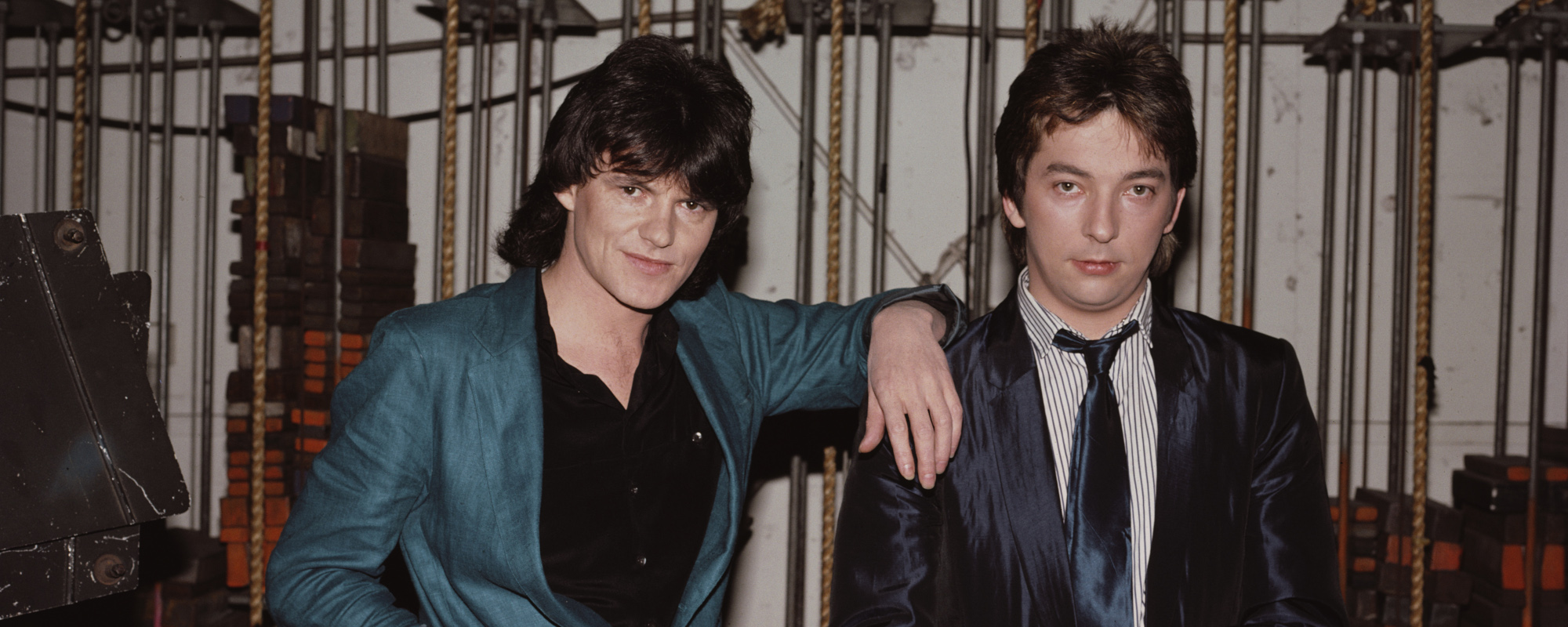
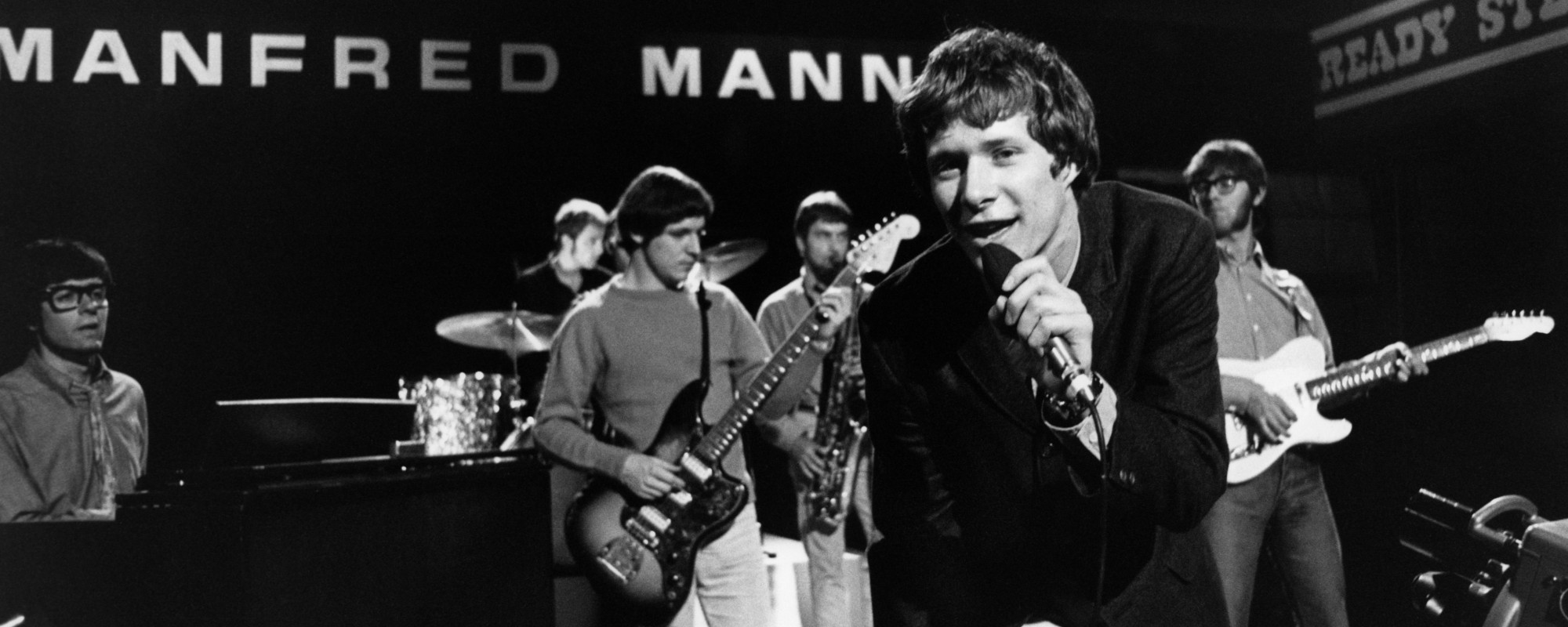
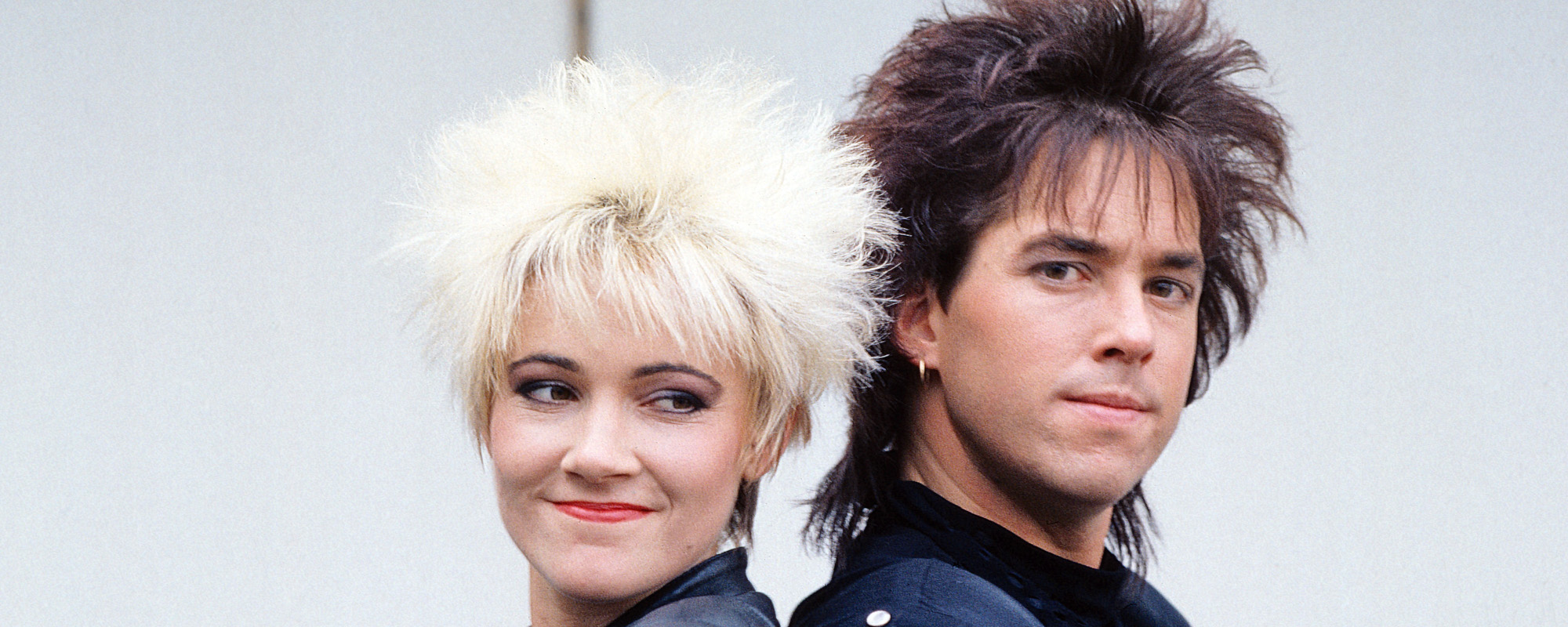
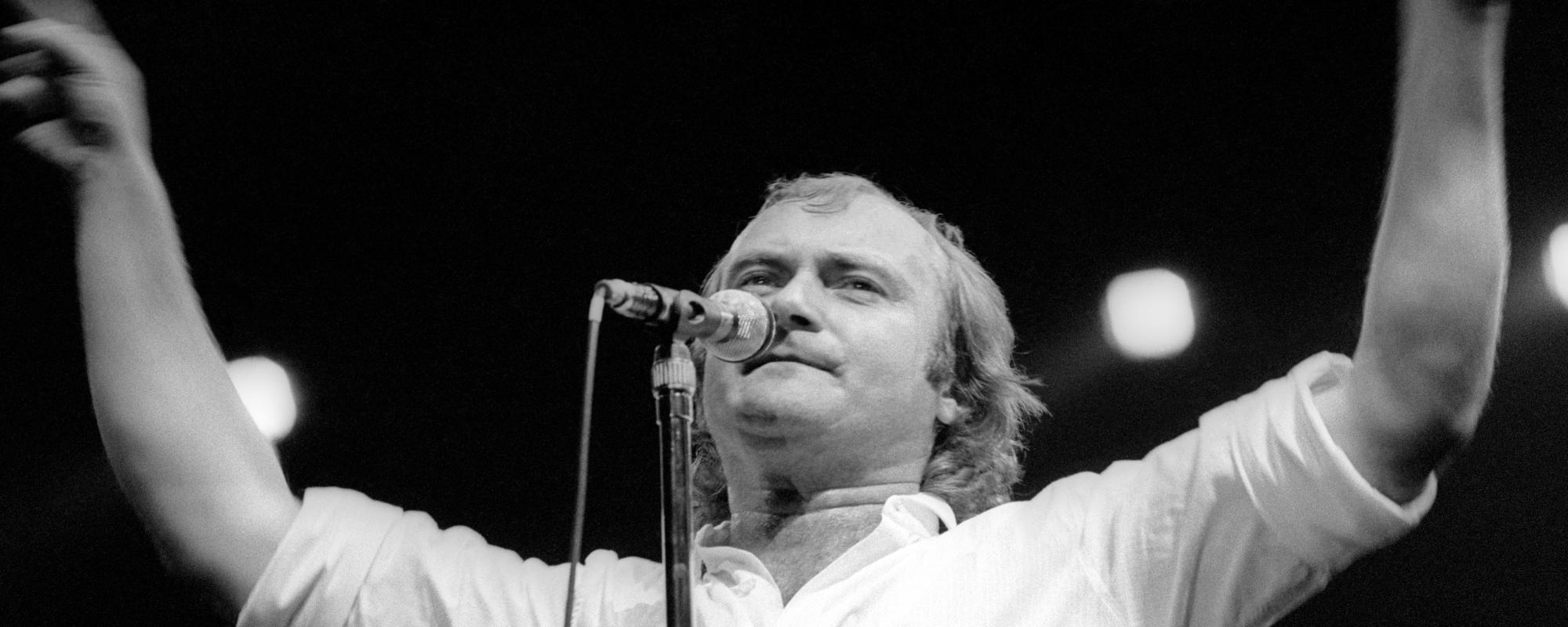
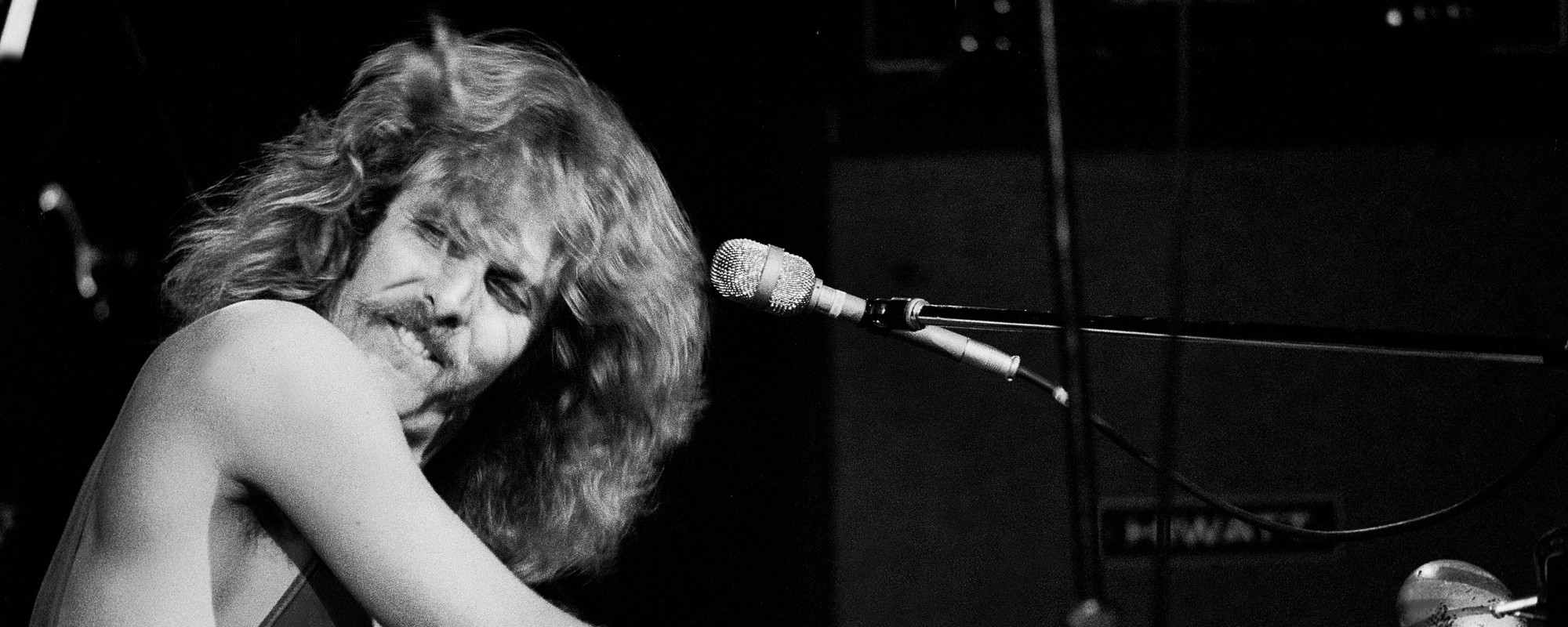







Leave a Reply
Only members can comment. Become a member. Already a member? Log in.